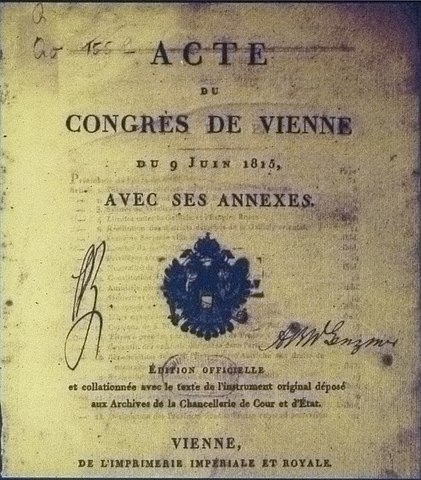
When did diplomatic immunity start? Diplomatic immunity was recognized in law from 1709 in Britain, but some sort of immunity has existed since the beginning of civilization.
Diplomatic immunity is recognized by almost every country in the world, at the moment. It was enshrined in international law at the Vienna Convention in 1961. This convention was held in Vienna, Austria because the first convention that attempted to write a law about diplomatic immunity also happened in Vienna. 193 states signed up to the 1961 convention. The only states that haven’t signed are Palau, South Sudan, the Vatican City, and Palestine. The Vienna Constitution finalized the rules for diplomats and how they should be treated. Diplomats, employees of international organizations, and their immediate family members all have immunity from all civil, criminal cases. They also cannot be arrested, detained, or searched in any way.
So, what exactly is a diplomat? A diplomat is a person appointed by one country to conduct diplomacy in a second country. This means everybody that works for government A in country B, from the ambassador at the top, all the way down to the lowest employee. However, they don’t all have the same level of immunity. Ambassadors and their families are granted full immunity, then the immunity decreases as we go down the level of importance. They have immunity because country B agrees that the employees of country A won’t be touched or hampered in any way. This is so that they can go about their job, their diplomacy, without having to worry about interference from government B. It is also so that there is no risk government B will take them hostage and hold them in exchange for concessions. There is obviously a need for immunity where two countries might be hostile to each other, such as the USA and the USSR, but it appears that most immunity is used to get out of parking tickets. Apparently, millions of dollars a year in unpaid parking tickets are lost due to diplomatic immunity. With petty crimes like parking tickets, nothing is done, but with larger crimes, country B can ask for country A to remove the immunity so that the diplomat can be arrested and tried. This is not usually granted, although it depends on the circumstances. The host country is at liberty to ask the diplomat to leave, but they can’t do anything to them. Many of us see diplomatic immunity as a way for diplomats to avoid the laws of a particular country, but it is more for their own safety and actually having to use their immunity to avoid a crime they have committed would probably be a career ending event for many a diplomat.
There are a few cases where immunity has been waived, but it tends to be in the favor of a wealthier country. Georgia waived the immunity of a diplomat who caused the death of a 16-year-old girl while driving drunk in New York in 1997. Had it not been in the USA, it is questionable whether they would have waived it. Colombia also waived the immunity of a diplomat who killed a man in London in 2002.
So, when did diplomatic immunity start? The concept has been around since people lived together in tribes. Messengers and people involved in diplomacy were often given immunity from being killed or imprisoned, but this was not a law and it was certainly not always the case. There are many examples of messengers and diplomats being killed in order to send a message or to start a war. As larger civilizations began to form, diplomatic immunity became a case of “do unto others as you would have others do unto you.” Diplomats from the Roman Empire were given immunity because the consequences of not doing so were too severe. However, again, it was still not law and there are just as many cases where diplomats were not granted immunity. It tends to be a case of the envoys of powerful states get immunity and those of less powerful ones don’t. Genghis Khan’s envoys were always given immunity because if they didn’t his vengeance would be fearsome.
Diplomatic immunity was first written down in law in Britain in 1709 with the passing of the Diplomatic Privileges Act. This was not international, and many countries still routinely rounded up diplomats when a war started. This was mostly settled in the first Congress of Vienna in 1815. Napoleon Bonaparte had just been defeated and it looked like there would be peace in Europe for the first time in a long time. Leaders of the various countries felt that it was a good opportunity to set down a framework for long term peace. One of the things that came out of this was a set of rules on how to treat diplomats. These rules were finalized in 1961. And this is what I learned today.
Image By JoJan – Self-photographed, Public Domain, https://commons.wikimedia.org/w/index.php?curid=17375744
Sources
https://www.diplomacy.edu/resource/the-history-of-diplomatic-immunity
https://en.wikipedia.org/wiki/Diplomatic_immunity
https://en.wikipedia.org/wiki/Congress_of_Vienna
https://1997-2001.state.gov/www/about_state/diplomatic_immunity.html
https://time.com/5696300/diplomatic-immunity-harry-dunn
